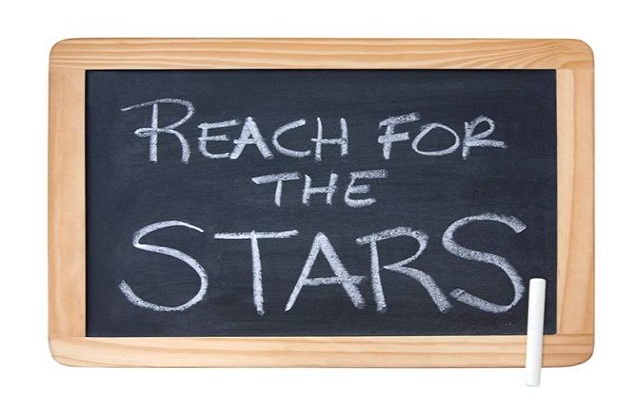Sustaining success! The Coach’s Holy Grail.
Many coaches will say they want to be successful.
No they don’t. Not really.
They want to be successful again and again and again and again and again. They want to Sustain success and Always have a competitive program, winning athletes and quality players.
So how do you it?
How do you Sustain Competitiveness And Sustain Success? (more…)




